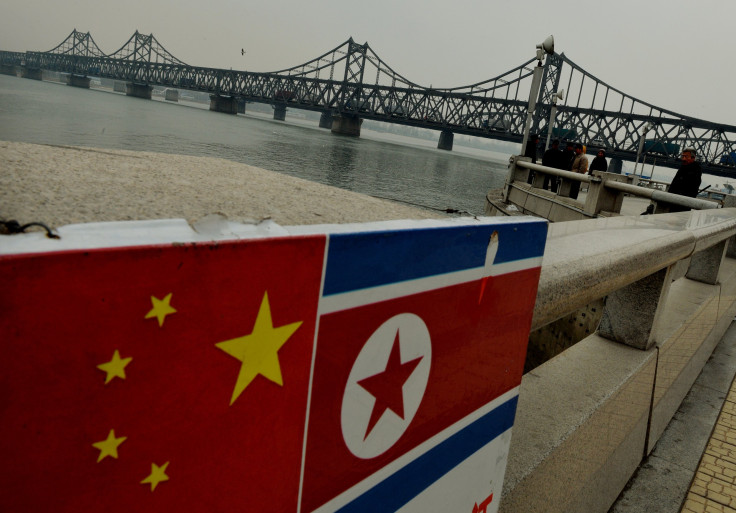War With China? US, North Korea Among 'Five Potential Threats' Named By Chinese Military Strategists

China ranks the United States, North Korea and Japan as its biggest enemies, according to a document originally issued by Chinese military strategists in May 2016, and reported on by Kyodo News recently. The document, drawn by strategists seeking to prepare for threats from enemies, is a guideline of wartime exercises against “five potential threats.”
Apart from the United States, North Korea, and Japan, the disputed claims of Vietnam and the Philippines are factored into designate the fourth spot to the South China Sea, followed by India on the fifth spot, according to Japan Times.
Relations between the U.S. and China have been further strained after Donald Trump was elected president. In fact, on the day of his presidential inauguration, the official website of China’s People’s Liberation Army (PLA) warned about the danger of conflict escalating between the two nuclear-armed nations.
“‘A war within the president’s term,’ ‘war breaking out tonight’ are not just slogans, but the reality,” Liu Guoshun, an official with the national defense mobilisation unit of the Central Military Commission, reportedly wrote.
Trump has condemned China multiple times for not doing enough to stymie Pyongyang’s nuclear and missile efforts. Earlier this year, when North Korea declared its plans to test an intercontinental ballistic missile, Trump tweeted: "China has been taking out massive amounts of money & wealth from the U.S. in totally one-sided trade, but won't help with North Korea. Nice!"
Earlier on Monday, it was reported that North Korea's attempts at restarting a plutonium reactor are coinciding with the U.S. Secretary of Defense James Mattis' visit to neighboring South Korea and Japan. The information cited by CNN was based on analysis of new satellite imagery from 38 North, a North Korea tracking project associated with the School of Advanced International Studies at Johns Hopkins University.
However, in light of the growing consensus among political observers that China and the U.S. are heading towards a showdown, the latest revelation may be pertinent for Trump to try and find some common ground with China.
The document suggests that if war were to break out in the Korean Peninsula, China’s northern and northeast parts will face a "huge threat." It also notes the establishment of atomic facilities and development of missile programs near North Korea's border with China, which are incidentally the same concerns voiced by American military strategists.
© Copyright IBTimes 2025. All rights reserved.






















